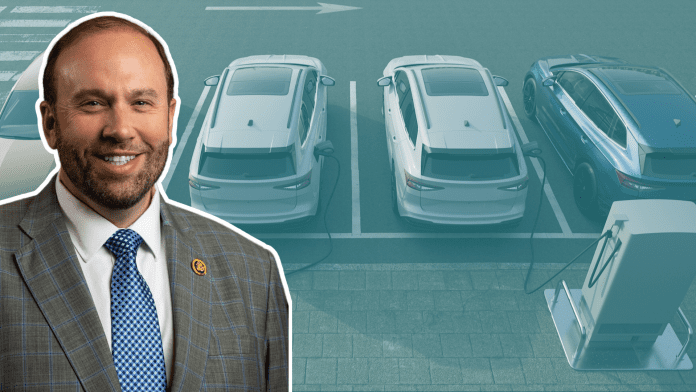Tesla vs Rivian vs Lucid: Which American Electric Vehicle Fits You Best?
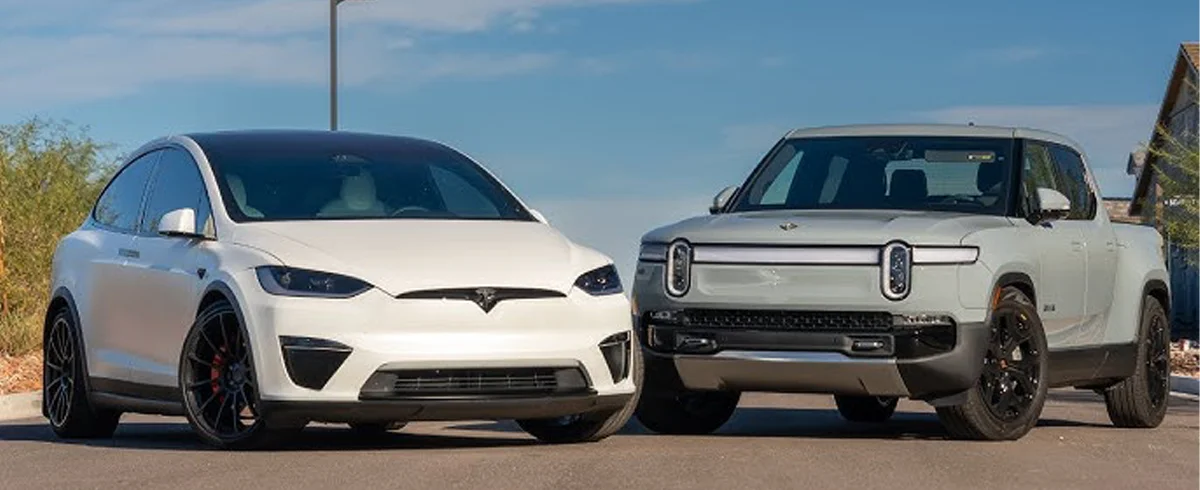
The electric vehicle (EV) market is experiencing a remarkable transformation, with several companies vying for the top spot and pushing the boundaries of technology and sustainability. In this context, Tesla vs Rivian vs Lucid emerges as a pivotal discussion point among automotive enthusiasts, potential buyers, and investors alike. This article delves deeply into the strengths and weaknesses of each brand, providing you with insights to determine which American electric vehicle fits your needs best.
Sales and Distribution Channels

For any consumer product, understanding sales and distribution channels is crucial. The way a company markets its vehicles can significantly affect consumer perception and accessibility.
Direct-to-Consumer Sales Model
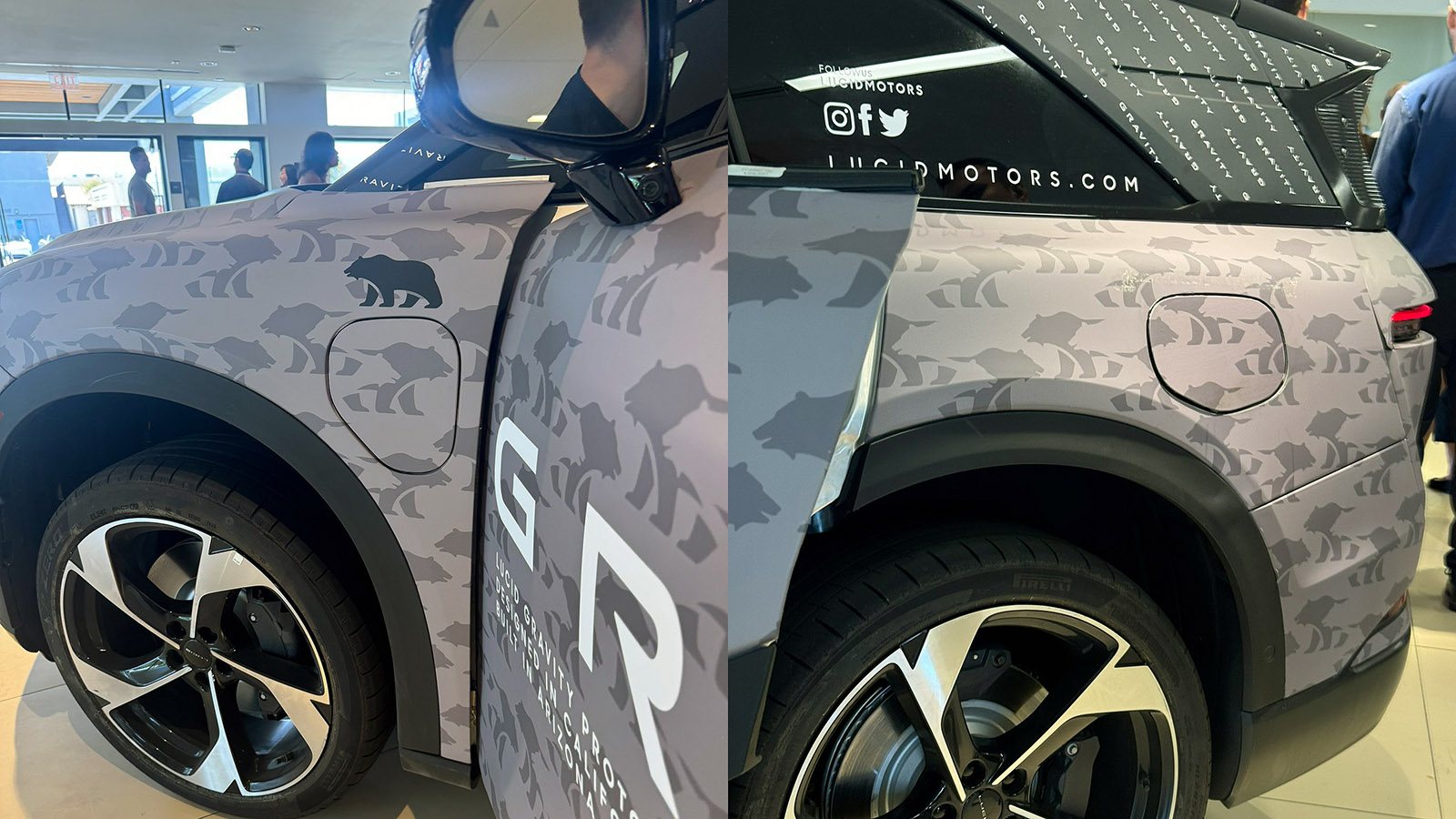
Tesla has revolutionized the automotive industry with its direct-to-consumer sales model, allowing customers to purchase vehicles online without traditional dealerships. This approach simplifies the buying process, eliminating the hassle often associated with negotiating prices in-person.
Direct sales create a closer relationship between Tesla and its customers, fostering brand loyalty through enhanced customer service. By selling directly, Tesla also gains valuable insights from customer data, enabling them to refine their models and improve user experience continually.
Rivian and Lucid, while still relatively new to the market, are adopting similar strategies. Rivian has focused on building an online platform that allows consumers to configure and order their vehicles directly, complementing this with a network of service centers for maintenance. Lucid, on the other hand, offers a unique “studio” experience where customers can explore their luxury vehicles in an immersive environment before purchasing.
Dealership Networks and Online Sales
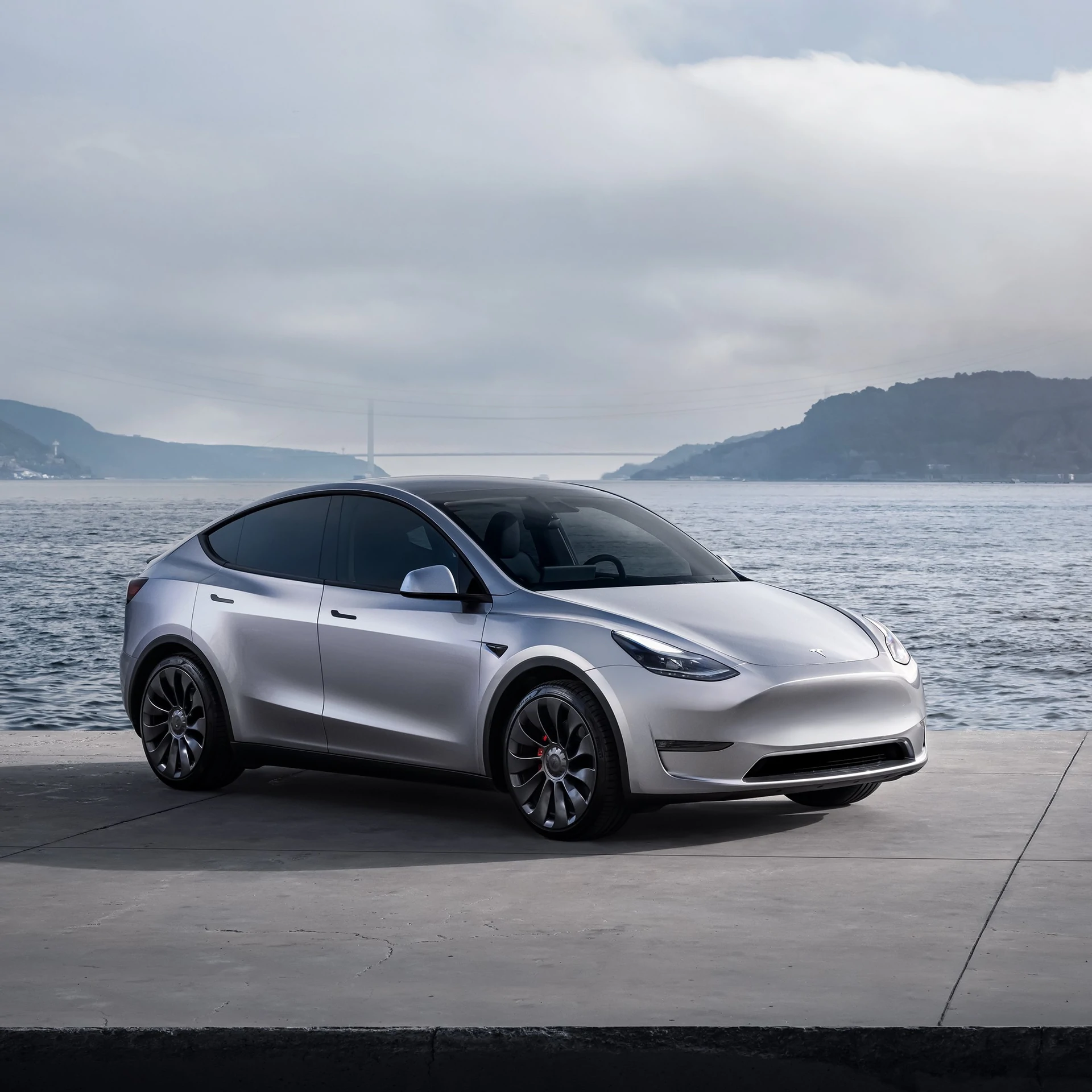
While Tesla thrives on its online sales model, Rivian and Lucid have opted for a hybrid approach. Rivian plans to establish physical locations but emphasizes a seamless online buying process. This hybrid strategy allows them to cater to customers who prefer a hands-on experience while embracing digital convenience.
Lucid’s distribution model focuses on showcasing their cars in luxurious urban showrooms, merging the physical and digital experiences. However, critics argue that having limited physical locations may restrict access for potential buyers who live far from these showrooms.
Global Presence and Expansion Plans
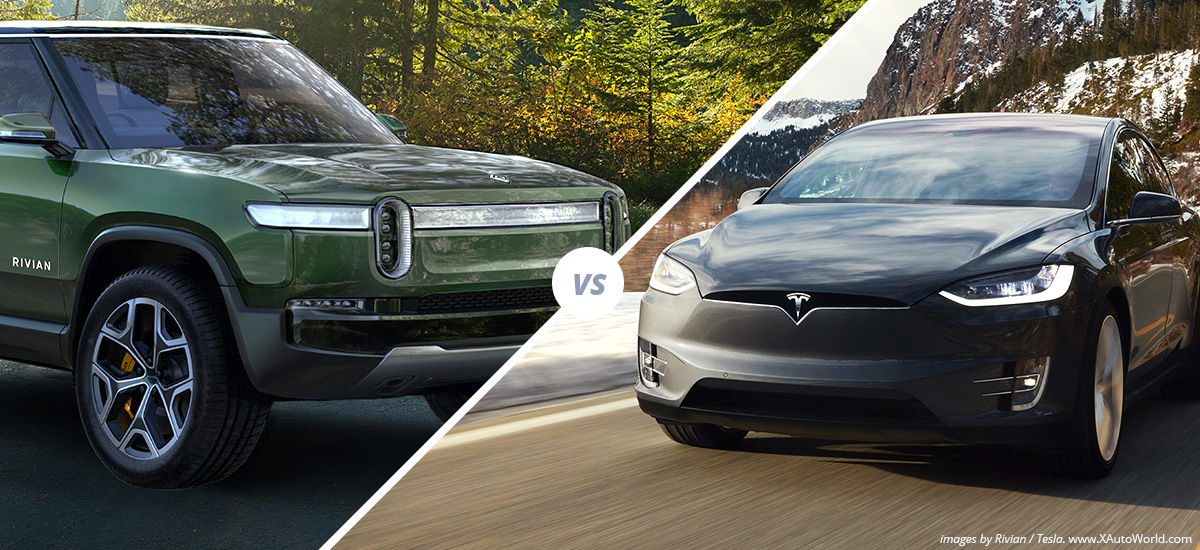
Tesla leads the charge in global presence, with numerous Gigafactories spread across the United States, China, and Europe. Their expansion plans include ramping up production capabilities to meet soaring demand and introducing new models, such as the Cybertruck and the upcoming Roadster.
Rivian’s focus has been primarily on the North American market, with ambitions to expand globally as they ramp up production. The company aims to target adventure-oriented consumers with their R1T truck and R1S SUV, promoting sustainable outdoor activities as part of their brand ethos.
Lucid, while still establishing its foothold, has ambitious plans for international expansion. Their focus on luxury electric vehicles positions them uniquely within the market, appealing to affluent buyers looking for cutting-edge technology and superior performance.
Financial Performance and Market Valuation

Financial performance and market valuation are critical indicators of a company’s health and future viability in the competitive EV landscape.
Revenue Streams and Profitability

Tesla remains the most financially stable of the three brands. With multiple revenue streams from vehicle sales, energy products, and software services, it has become the frontrunner in profitability. Their innovative approach to battery technology and energy storage solutions further solidifies their position in the green energy sector.
Rivian, while generating excitement with pre-orders and a strong brand following, has yet to turn a profit. Heavy investment in manufacturing facilities and research and development has led to substantial losses, raising concerns among investors regarding long-term sustainability.
Lucid, like Rivian, is focused on ramping up production to achieve economies of scale but faces similar challenges. Despite securing significant funding and demonstrating high-profile partnerships, the path to profitability remains uncertain as they work to increase production capacity.
Market Capitalization and Stock Performance
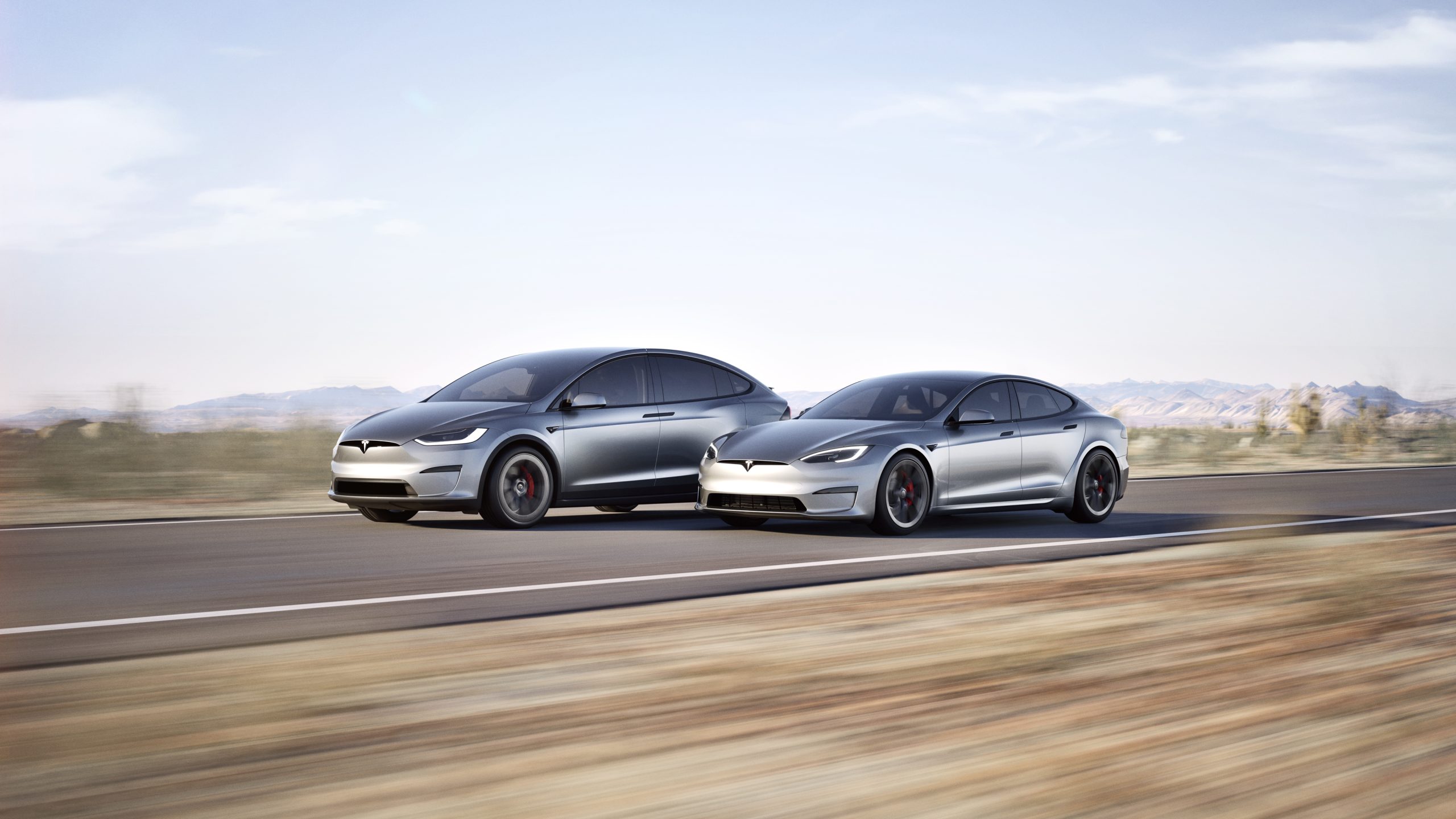
Tesla’s stock has demonstrated remarkable volatility, influenced by factors such as quarterly earnings reports, market sentiment, and broader economic conditions. Its high market capitalization reflects investor confidence but also raises questions about whether it can sustain its valuation amidst growing competition.
Both Rivian and Lucid have seen considerable fluctuations in their stock prices since going public, often driven by speculation and market trends. Investors have been closely monitoring their progress in delivering vehicles and meeting production targets, as these factors will play a vital role in determining their long-term success.
Investor Confidence and Market Trends

Tesla has cultivated a robust base of loyal investors, thanks to its track record of innovation and growth. Investor confidence is bolstered by its expanding global footprint and increasing demand for electric vehicles.
In contrast, Rivian’s IPO generated immense hype, and investor interest remains high, although concerns around execution and delivery timelines persist. Lucid’s allure lies in its luxury positioning, attracting investors interested in the high-end EV segment. However, both companies will need to demonstrate consistent performance to maintain investor confidence moving forward.
Customer Experience and Satisfaction

A positive customer experience is essential for building brand loyalty and ensuring repeat business in today’s highly competitive market.
User Reviews and Feedback
Tesla owners often praise their vehicles for exceptional performance, impressive acceleration, and cutting-edge technology. While some customers have reported issues with build quality and customer service, the overall satisfaction level remains high, supported by an active community of Tesla enthusiasts.
Rivian is still in the early stages of customer feedback, as deliveries have just begun. Early reviews highlight the ruggedness and adventurous spirit of the R1T and R1S, noting features that cater to outdoor enthusiasts. However, potential buyers are closely watching Rivian’s ability to fulfill pre-orders and address any initial production issues.
Lucid owners tend to appreciate the luxurious experience offered by the Lucid Air, often highlighting its spacious interior and advanced tech features. As the company works on scaling production, maintaining quality standards will be critical to garnering long-term customer loyalty.
Service and Support Network
Tesla has established a vast network of service centers and mobile repair units, making it easier for customers to access support when needed. However, there are ongoing debates about the availability of parts and wait times for service, which can lead to frustrations for some owners.
Rivian is building its service infrastructure alongside vehicle production, aiming to provide excellent customer support for its adventurous clientele. The company’s approach includes remote diagnostics and over-the-air updates to streamline the service experience.
Lucid, being a newcomer, is still developing its service and support network. As they strive to meet customer expectations, efficient servicing will be key to ensuring satisfaction among luxury buyers seeking high-quality ownership experiences.
Loyalty Programs and Community Engagement
Tesla has fostered a passionate community of users who participate in online forums, sharing experiences and supporting one another. The company encourages customer engagement through referral programs and social media, helping to strengthen brand loyalty.
Rivian is cultivating a community based on shared values of sustainability and adventure, encouraging owners to connect and share experiences. The company’s focus on outdoor activities resonates well with its target market, fostering a sense of belonging among customers.
Lucid’s approach to building a community is more upscale, focusing on exclusive events and partnerships with luxury brands. As they expand their market presence, nurturing customer relationships will be essential to driving brand advocacy and loyalty.
Sustainability and Environmental Impact
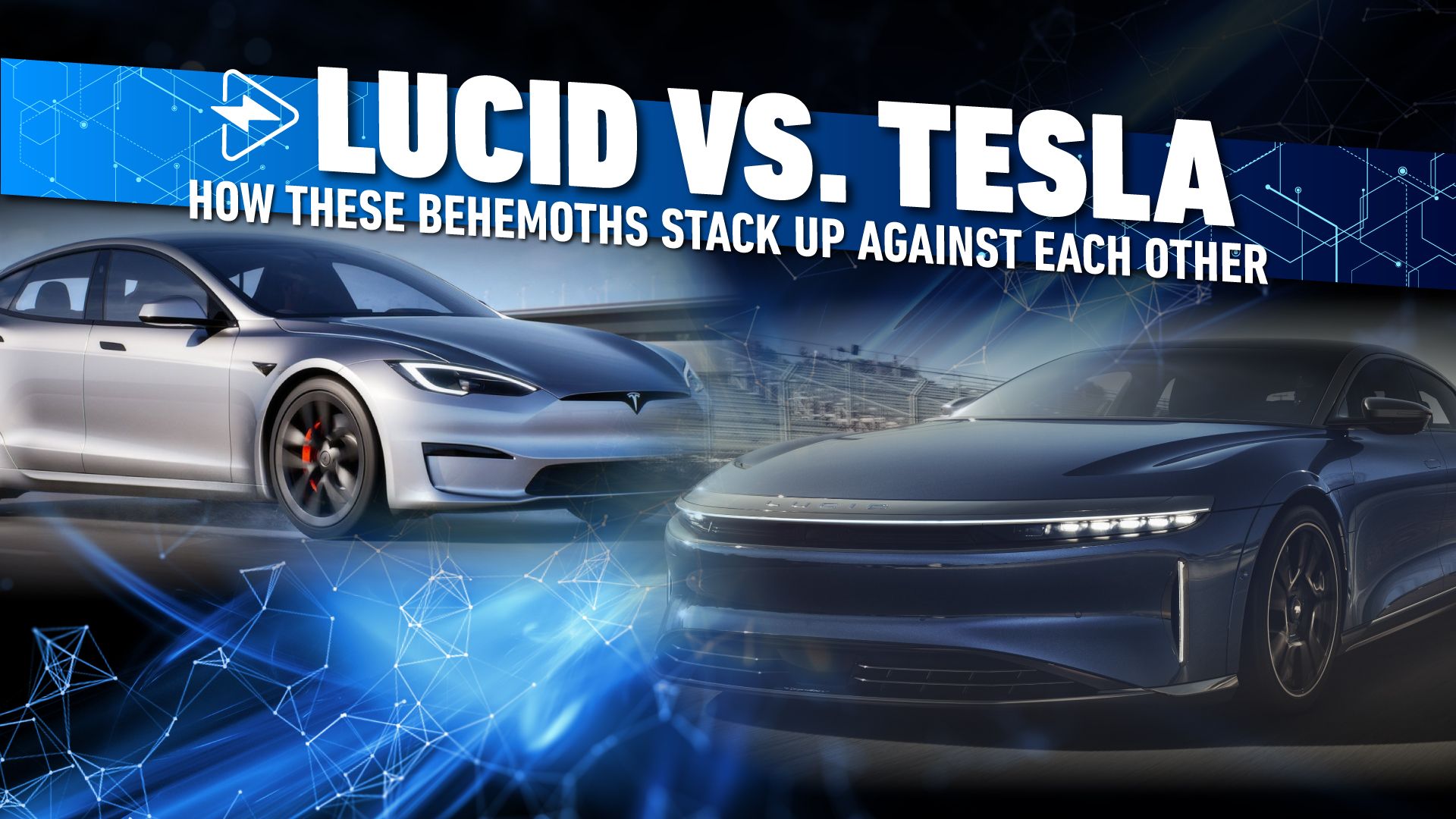
As the world shifts toward more sustainable practices, the environmental impact of electric vehicles becomes a significant consideration for consumers and manufacturers alike.
Battery Production and Sourcing
Tesla has taken significant strides in improving the sustainability of its battery production processes. By sourcing materials responsibly and investing in recycling initiatives, the company aims to minimize its ecological footprint.
Rivian is committed to sustainable practices throughout its supply chain, emphasizing ethical sourcing of materials and reducing carbon emissions during production. Their partnerships with organizations focused on reforestation and conservation underscore their commitment to environmental responsibility.
Lucid places a premium on sustainability, incorporating eco-friendly materials into its luxury vehicles. As they refine their battery technology, Lucid aims to keep its environmental impact at the forefront of its operations.
Manufacturing Processes and Ethical Considerations
Tesla’s Gigafactories are designed with sustainability in mind, utilizing renewable energy sources to power their operations. The company actively pursues advancements in efficiency to reduce waste and emissions during manufacturing.
Rivian embraces innovation in its manufacturing processes, focusing on minimizing resource consumption and creating a circular economy surrounding their products. This commitment is essential as the company seeks to build a reputation as a responsible automaker.
Lucid’s manufacturing philosophy aligns with its luxury brand image, emphasizing quality over quantity. By maintaining high ethical standards, Lucid positions itself as a leader in sustainable luxury automotive production.
Carbon Footprint and Environmental Responsibility
Tesla’s mission revolves around accelerating the world’s transition to sustainable energy. By producing electric vehicles and renewable energy products, Tesla aims to minimize the overall carbon footprint of transportation.
Rivian’s focus on adventure and sustainability goes hand in hand, promoting environmentally responsible practices and inspiring consumers to embrace outdoor activities without compromising the planet.
Lucid’s dedication to redefining luxury aligns with its environmental ethos, offering products that appeal to consumers who prioritize sustainability without sacrificing performance or aesthetics.
Future Outlook and Predictions
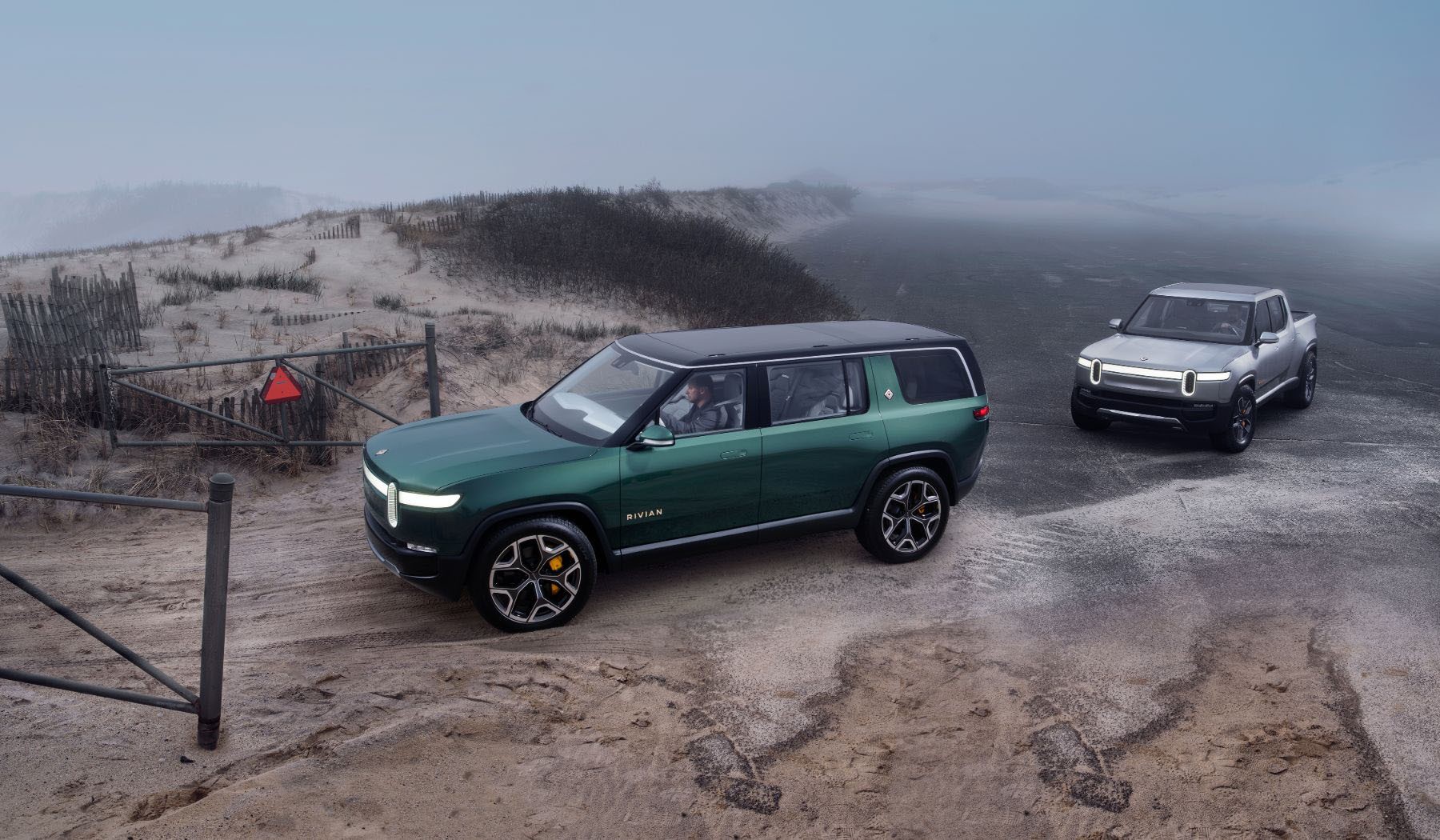
Looking ahead, the electric vehicle landscape is poised for tremendous growth, marked by competition, innovation, and changing consumer preferences.
Upcoming Models and Innovations
Tesla continues to innovate at a rapid pace, with exciting upcoming models such as the Cybertruck and the next-generation Roadster. These vehicles promise to push the limits of performance and design, further solidifying Tesla’s position as a market leader.
Rivian is expected to expand its lineup, potentially introducing smaller models or variants tailored for different consumer segments. As they ramp up production, Rivian will also need to focus on refining existing models to ensure consistent delivery and quality.
Lucid is anticipated to unveil additional luxury models, expanding its offerings beyond the flagship Air. Their innovations in battery technology and performance will play a vital role in sustaining interest among high-end consumers.
Market Competition and Industry Trends
As more automakers enter the electric vehicle market, competition will intensify. Traditional automotive giants are shifting their focus towards electrification, which could disrupt the current landscape.
Tesla will face increased scrutiny from competitors as innovations emerge across the board. Rivian and Lucid, along with other startups, represent a new wave of challengers who prioritize sustainability, performance, and unique customer experiences.
Long-Term Sustainability and Growth Potential
Tesla’s established market position gives it a competitive advantage, but maintaining growth will require constant innovation and adaptability to evolving consumer demands. Rivian and Lucid must effectively execute their growth strategies to capture market share and secure long-term viability in this dynamic landscape.
Video

Conclusion
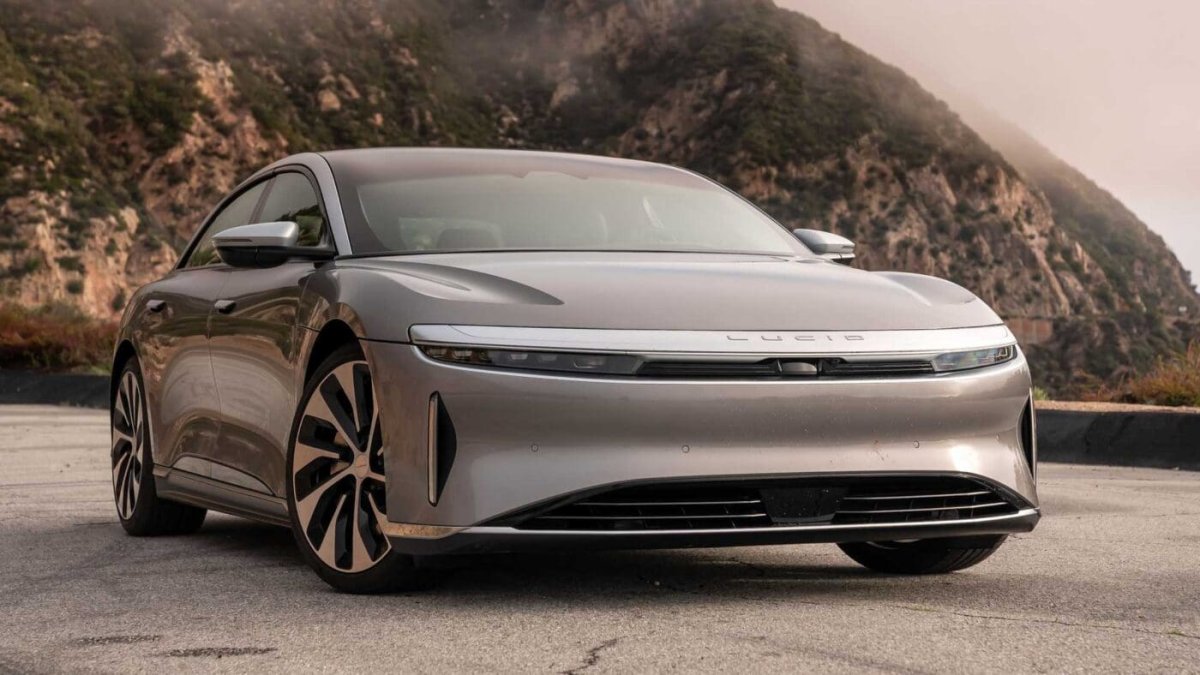
In the battle of Tesla vs Rivian vs Lucid, each brand presents unique strengths and weaknesses that cater to diverse consumer preferences. Tesla’s established reputation, Rivian’s adventurous spirit, and Lucid’s luxurious innovation all contribute to shaping the future of electric vehicles. As consumers weigh their options, they must consider not only the performance and features of each vehicle but also the underlying values and missions of these companies. Ultimately, the choice between Tesla, Rivian, or Lucid will depend on individual priorities and aspirations in the ever-evolving world of electric mobility.

